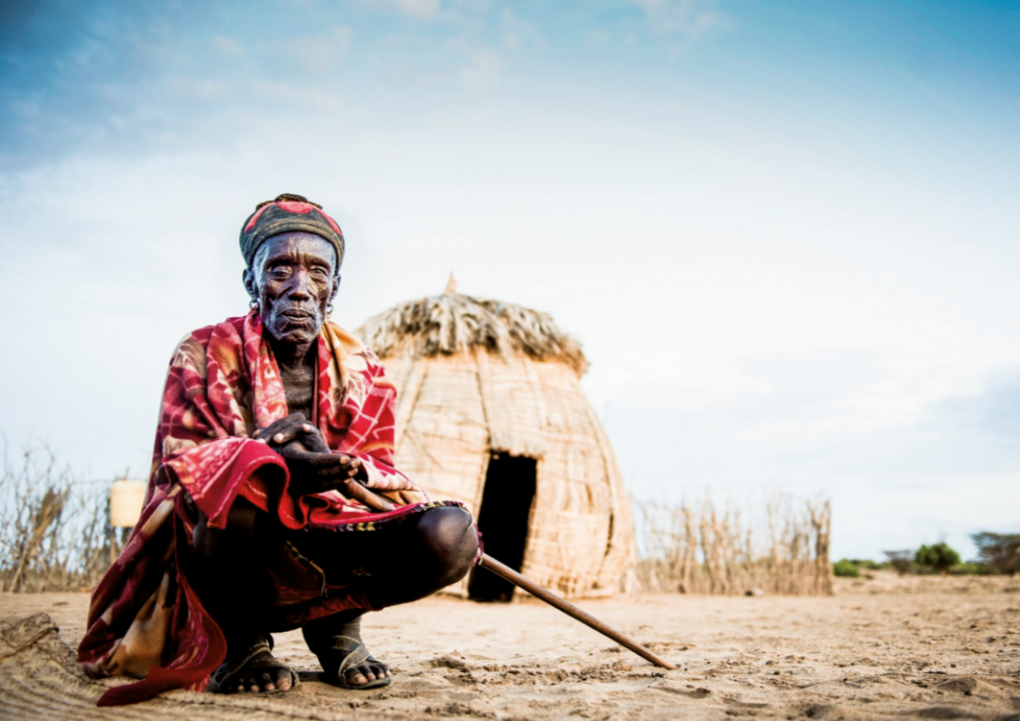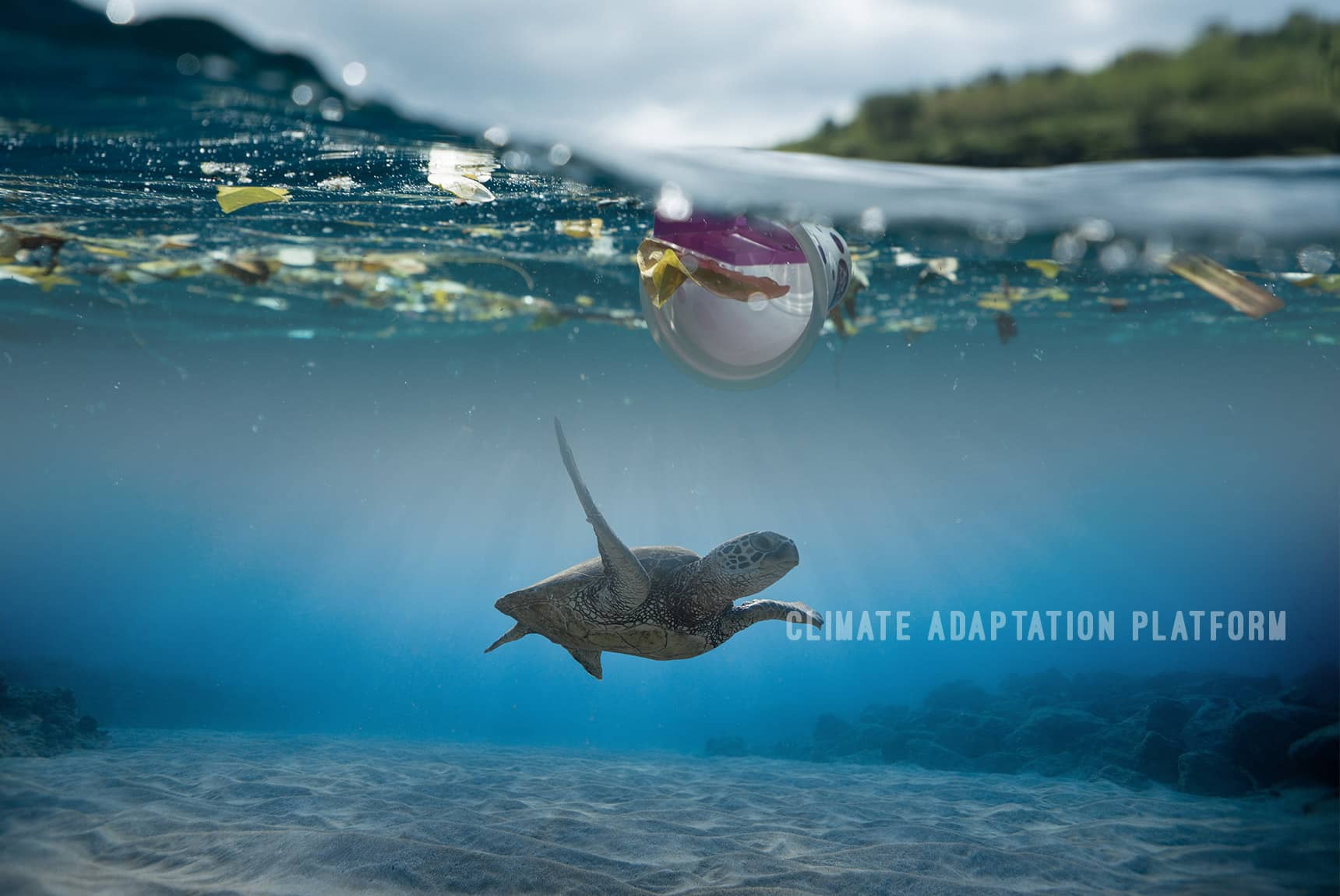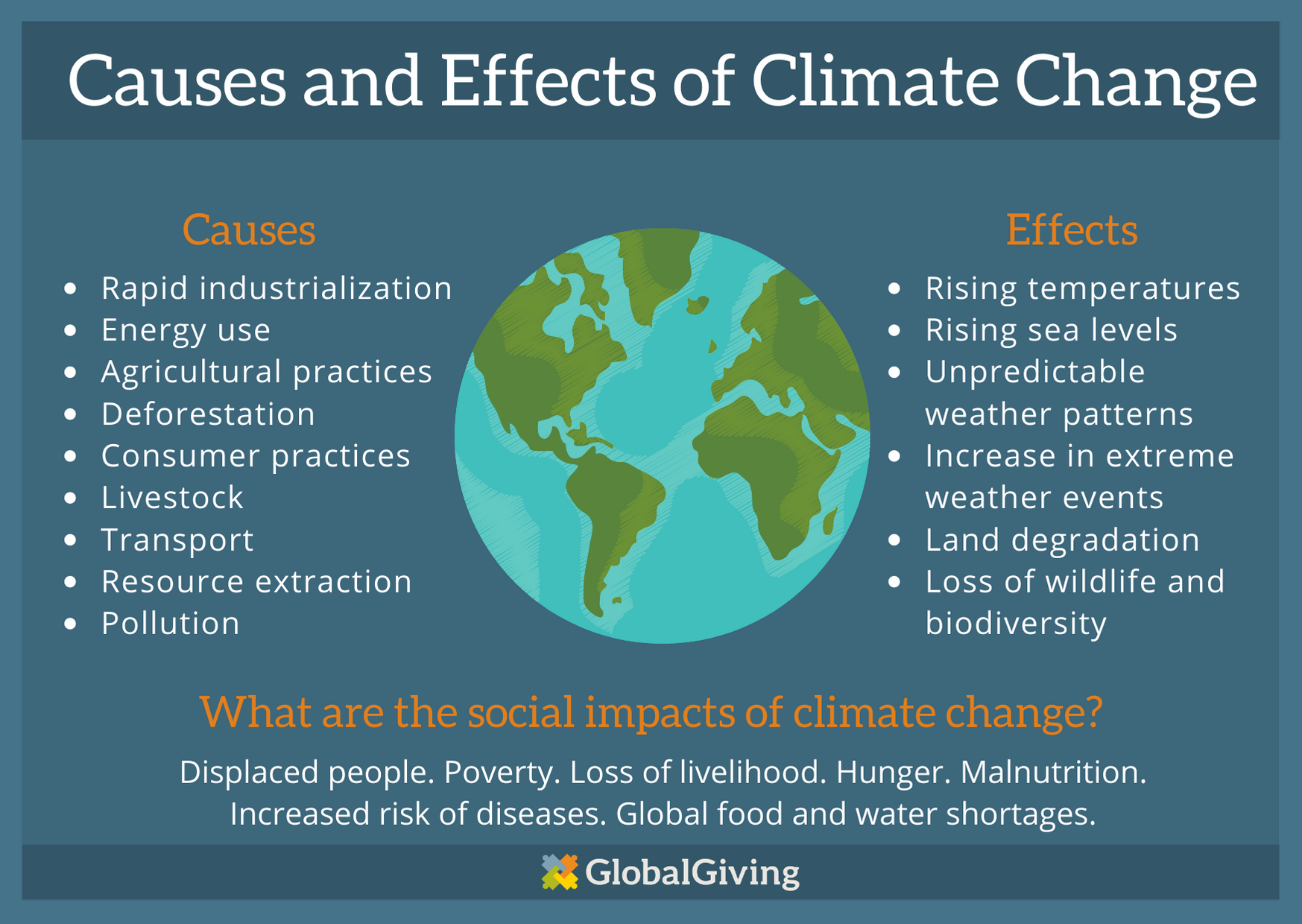Introduction
Climate change is one of the most pressing global challenges of our time. Rising temperatures, extreme weather events, and the loss of biodiversity are just a few of the many consequences of our planet’s changing climate. As we grapple with the urgency of mitigating these impacts, it is essential to recognize the invaluable contributions of Indigenous peoples in the fight against climate change. Indigenous communities around the world possess traditional knowledge that is deeply rooted in their relationship with the land, offering unique perspectives on adaptation and sustainability.
In this blog post, we will delve into the ways in which Indigenous peoples are harnessing their traditional knowledge to address climate change. We will also examine the significance of including Indigenous voices and perspectives in climate change policy and advocacy efforts.
The Power of Traditional Knowledge
Indigenous peoples, with their diverse cultures and deep connections to their ancestral lands, have long understood the delicate balance of nature. Through generations of lived experience, they have developed intricate knowledge systems that inform their stewardship of the environment. This traditional knowledge encompasses a wide range of practices, from sustainable agriculture and land management to traditional ecological knowledge of local flora and fauna.
One of the key strengths of Indigenous traditional knowledge is its adaptability. Indigenous communities have honed their practices over centuries, making them well-suited to respond to the challenges posed by climate change. For example, many Indigenous agricultural practices are designed to work with the natural rhythms of the environment, helping to conserve soil, water, and biodiversity. These sustainable methods are increasingly seen as models for resilience in the face of changing climate conditions.
Adaptation in Action
Indigenous communities are not simply passive victims of climate change; they are proactive in their efforts to adapt and mitigate its impacts. Here are some examples of how Indigenous peoples are using their traditional knowledge to address climate change:
Preserving Biodiversity: Indigenous communities often serve as guardians of biodiversity-rich regions. They employ traditional land management practices that help protect and restore ecosystems. For instance, the Maasai people in East Africa have implemented community-based conservation initiatives to safeguard their vital grazing lands and protect wildlife.
Sustainable Agriculture: Indigenous agricultural practices, such as the use of heirloom seeds and crop rotation, are inherently sustainable. These methods reduce the reliance on chemical inputs, promote biodiversity, and enhance soil health—critical elements in climate-resilient agriculture.
Water Management: Many Indigenous cultures have developed sophisticated water management systems that conserve and distribute water sustainably. The Qanat system in Iran, used by Indigenous communities for centuries, is a prime example. It involves tapping into underground water sources and channeling the water through tunnels to irrigate fields—a practice that minimizes water wastage.
Traditional Weather Forecasting: Indigenous communities often have their own methods of weather forecasting based on local indicators and observations of nature. This knowledge can be invaluable in predicting and preparing for extreme weather events linked to climate change.
Indigenous Voices in Climate Policy
In recent years, there has been a growing recognition of the importance of including Indigenous voices in climate change policy and advocacy. Indigenous peoples bring unique perspectives, grounded in their traditional knowledge, to discussions on climate adaptation and mitigation. Their insights can significantly enhance the effectiveness of climate policies.
United Nations Declaration on the Rights of Indigenous Peoples (UNDRIP): UNDRIP, adopted in 2007, recognizes the rights of Indigenous peoples to their lands, territories, and resources. It also acknowledges their right to participate in decision-making processes that affect them. This declaration has played a crucial role in elevating Indigenous voices in international climate negotiations.
Local and Indigenous Knowledge Platforms: Several international organizations and governments have established platforms to facilitate the exchange of knowledge between Indigenous communities and policymakers. These platforms aim to incorporate Indigenous wisdom into climate policies and strategies.
Land Acknowledgments: Land acknowledgments have become a common practice at the beginning of official events and gatherings. They recognize the traditional Indigenous owners of the land and express gratitude for their stewardship. This simple act serves as a reminder of the ongoing connection between Indigenous peoples and their ancestral territories.
Collaborative Research and Partnerships: Collaborative research initiatives that engage Indigenous communities in climate-related studies are on the rise. These partnerships not only contribute valuable data but also empower Indigenous communities to have a voice in shaping research agendas and policy recommendations.
Conclusion
Indigenous peoples are not only on the frontlines of climate change but also at the forefront of innovative solutions. Their traditional knowledge, deeply rooted in their relationship with the land, offers valuable insights into sustainable adaptation practices. Recognizing the importance of Indigenous voices in climate policy and advocacy is not only a matter of justice but also a practical step towards a more resilient and sustainable future.
As we work towards a world where climate change is mitigated and adaptation is effective, we must continue to honor and elevate the wisdom of Indigenous communities. By doing so, we can forge a path towards a more harmonious relationship between humanity and the environment, guided by the timeless knowledge of those who have lived in harmony with the Earth for generations.






